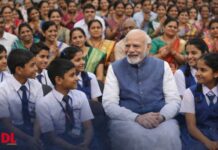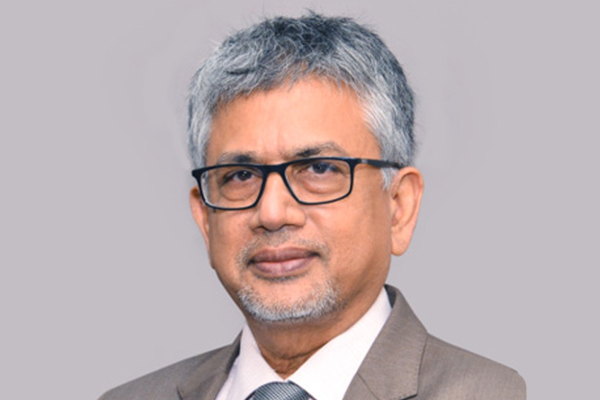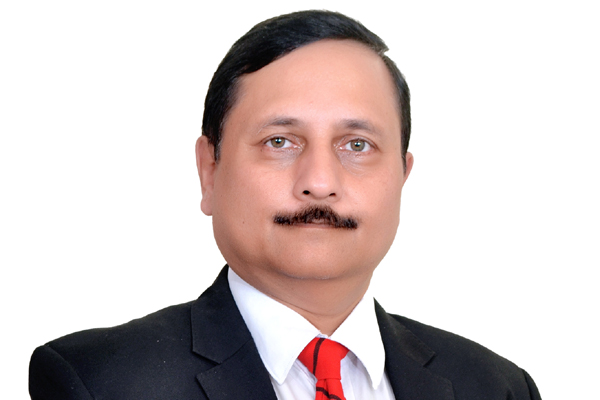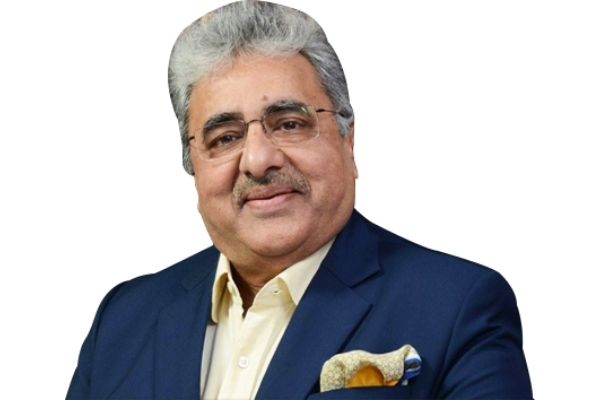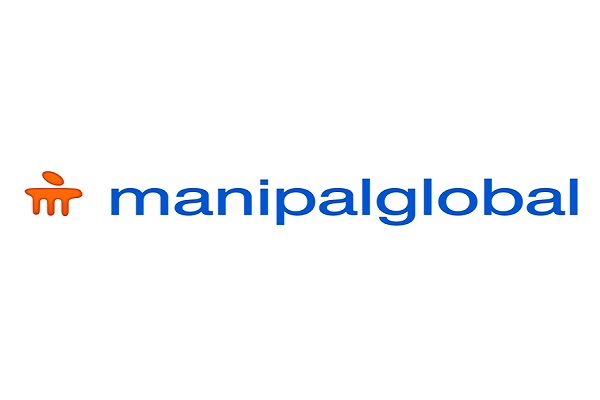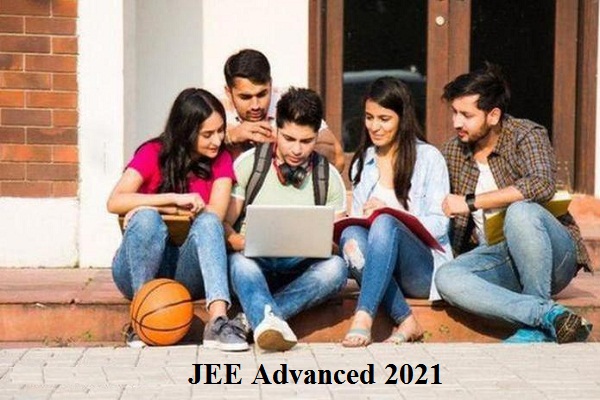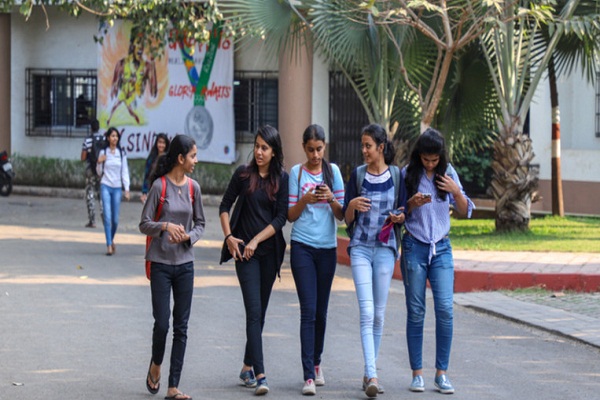The National Education Policy (NEP) 2020 focuses on key reforms in higher education that prepare the next generation to thrive and compete in the new digital age, says Dr. Indrajit Bhattacharya, Director, National Accreditation Board for Education and Training (NABET), Quality Council of India & Dr. Manish Kumar Jindal,CEO, National Accreditation Board for Education and Training, Quality Council of India to Elets News Network (ENN).
Introduction
The National Education Policy 2020 (NEP 2020), launched on 29 July 2020, outlines the vision of India’s new education system. NEP 2020 focuses on five pillars: Affordability, Accessibility, Quality, Equity, and Accountability – to ensure continual learning. It has been crafted consistent with the needs of the citizens as a demand for knowledge in society and economy called for a need to acquire new skills on a regular basis. Thus, providing quality education and creating lifelong learning opportunities for all, leading to full and productive employment and decent work as enlisted in United Nations Sustainable Development Goals 2030, forms the thrust of NEP 2020. The new policy replaces the previous National Policy on Education, 1986 and forms a comprehensive framework to transform both elementary and higher education in India by 2040.
The NEP 2020 calls for key reforms in both school and higher education that prepare the next generation to thrive and compete in the new digital age. Thus, there is much emphasis upon multidisciplinarity, digital literacy, written communication, problem-solving, logical reasoning, and vocational exposure in the document.
Higher Education in NEP 2020
The NEP 2020 was conceived to raise the Gross Enrolment Ratio (GER) from the current 26 percent to 50 percent by 2030 in the higher education space. It aims at building the overall personality of students by strengthening infrastructure for open and distance learning, online education and increasing the use of technology in education.
Moreover, the National Research Foundation (NRF) will be set up to boost research work in the country. A National Accreditation Council (NAC) envisaged as a single regulator for higher education institutions across the country will be established. The Higher Education Council of India (HECI) will have multiple verticals to fulfill various roles. Efforts will be undertaken to set up a National Recruitment Agency for all government recruitment exams, and a Common Eligibility Test (CET) for various recruitment exams of the same level.
Moreover, the courses and programmes in subjects, such as Indology, Indian languages, AYUSH systems of medicine, yoga, arts, music, history, culture, and modern India, internationally relevant curricula in the sciences, social sciences, and beyond, meaningful opportunities for social engagement, quality residential facilities and on-campus support, etc. will be fostered to attain this goal of global quality standards.
Accreditation in Higher Education
Regulatory mechanisms of higher education would have “accreditation” conducted by an independent body amongst other key functions. Institutions will have the option to run Open Distance Learning (ODL) and online programmes, provided they are accredited to do so, to enhance their offerings, improve access, increase GER, and provide opportunities for lifelong learning.
The accreditation scheme for improving credibility of Learning Service Provider (LSP) has been developed by National Accreditation Board for Education and Training (NABET),Quality Council of India (QCI) under Department of Industrial Promotion and Internal Trade (DPIIT), Ministry of Commerce and Industries, Government of India. Accreditation ensures Quality Assurance of Trainer/Faculty, Infrastructure; Program Design (Development and Delivery); Training Management System (3 Dimensions: Hardware, Software, Humanware / Skinware).
Education and Skilling in Cyber Security
As per the Global Risk Report 2021 of the World Economic Forum (WEF) 2021, ‘Cyber Security Failure’ ranks 4th most critical threat to the world. As education and learning have already moved to cyberspace due to the ongoing pandemic, it has become utmost important to protect the privacy and security of each individual. Thus, as adoption of digitisation takes centre stage, it is extremely important to make our networks and cyberspace secure. In this current scenario, it becomes pertinent that capacity building for ‘Cyber Security Resilience’ is given prime importance and is included in higher education curriculum irrespective of stream of learning.
Research and Innovation in Higher Education
One of the key thrust areas of NEP 2020 is to encourage high R&D investments from government and private sectors. This will encourage innovation and innovative mindsets. To facilitate the same, there is a need for a strong industry commitment and close intervention with academia for industry led skilling / upskilling/ reskilling.
Further, it becomes pertinent to inculcate the skill sets for driving knowledge about “Intellectual Property Rights (IPR)” and its protection for delivering benefits from it.
The National Education Technology Forum (NETF)
The NETF envisaged to be established under NEP 2020 is a step in the right direction. The hosting of Quality Ed-Tech tools in all the dimensions of teaching-learning delivery would enable institutions of learning to adapt quickly. The emphasis needs to be towards hosting indigenous Ed-Tech tools on “open-source development platforms” with built-in cyber security resilience to ensure ‘privacy & security’ besides adherence to cyber security standards, adoption of firewalls and Intrusion Detection System (IDS) from external threats and vulnerabilities. This will secure the ‘personal privacy of individual students.’


